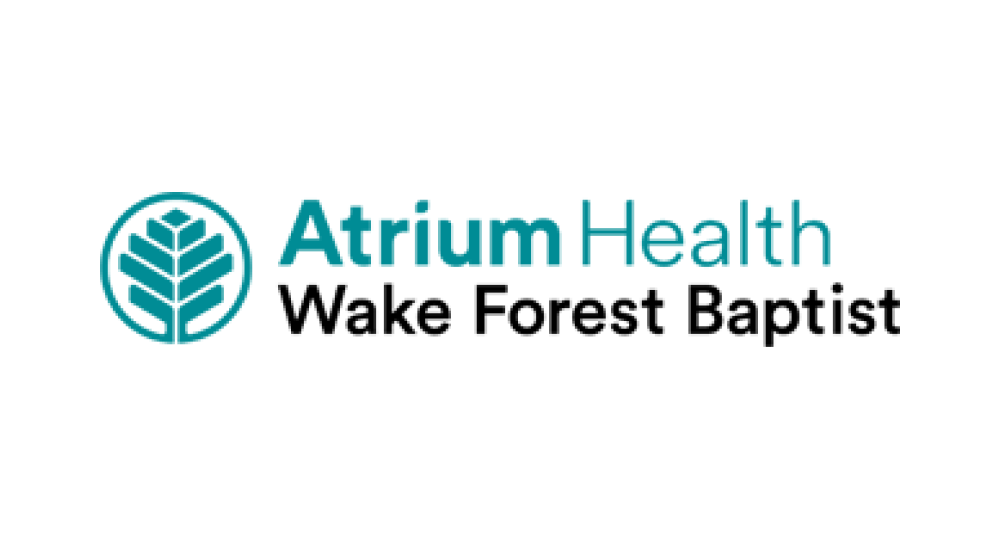Study Participation
-
CARE stands for Concussion Assessment, Research and Education. CARE4Kids is a research study involving patients 11-17 years of age that have been diagnosed with a concussion. We are doing this study to see if we can learn why some patients have symptoms that last longer or feel different than other people with concussions. Our hope from this study is to gain a better understanding of concussion, to help predict what symptoms patients may experience and to possibly make activities and sports safer.
-
Being a part of this study will help researchers and doctors better care for patients with concussions in the future. You will be helping improve what we know about concussions which may help us get patients feeling better sooner. It may also help us learn how to get you, your friends and teammates back to their sport or activity in a safe way. You will also be compensated (paid) for your time. You may be paid up to $600 dollars for being in the study. You will receive the results from various brain tests, including the MRI scan. Additionally, you will be provided a letter that may grant you community service hours, as determined by your organization.
-
The study will involve two (2) visits with our research team that will last a few hours. At these visits you will be asked some questions, do some work on a tablet, have your heart rate and breathing checked, and get some lab work. Also, you may have a picture of your brain taken. You will get a chance to tell us how you are feeling each day. Our team can tell you more about what is involved when you contact us. Learn more about the study procedures here.
Contact your local study team below:
-

Seattle, WA
Investigator: Sara Chrisman, MD, MPH
Coordinator: Margo Samuelson
Phone: (206) 657-6258
-

Washington, D.C.
Investigator: Chris Vaughan, Psy.D
Coordinators: Hailey Johnson & Robbie Magill
Phone: (301) 765-5427
-

Rochester, NY
Investigator: Jeff Bazarian, MD, MPH
Coordinator: Saloni Ramani
Phone: (585) 276-3438
-

Los Angeles, CA
Investigator: Meeryo Choe, MD
Coordinators: Anne Brown
Phone: (424) 276-0461
Email: CARE4Kids@mednet.ucla.edu
-

Dallas, TX
Investigator: Munro Cullum, PhD
Coordinator: Stephen Bunt, EdD
Phone: (214) 645-5066
-

Winston-Salem, NC
Investigators: Scott Otallah, MD & David Popoli, MD & Chris Miles, MD
Coordinator: Ansley Jewell
Phone: (336) 716-3391
Email: care4kids@wakehealth.edu
Study Procedures
Autonomic Testing
Common symptoms following concussions in youth include noise and/or light sensitivity, inability to tolerate exercise, dizziness or lightheadedness, problems with balance, urination, and anxiety. We will determine if some of these symptoms reflect disturbances in the function of the autonomic nervous system. The autonomic nervous system regulates many internal processes such as heart rate, breathing, digestion and response to stress- typically outside of a person’ s conscious awareness. We assess autonomic function using safe, noninvasive measures of heart rate (ECG), blood pressure, breathing and the response of the pupils to a flash of light. By identifying the biological processes underlying concussion symptoms we hope to develop effective and new treatments for concussive symptoms.
Blood sample
After a concussion, the cells in the brain undergo changes that release proteins and lipids (ie, fats) that leak from the brain into the blood stream where they can be detected with a sample of blood taken from a vein in the arm. These proteins and lipids provide us with a window into how the brain responds to and recovers from injury. Information from these blood tests has potential to help us predict those who might take longer than three months to recover and thus would benefit from early treatment.
Brain scans let us study many different aspects of the brain. For instance, we can look at the strength of the connections between different parts of the brain. We can also look at activity in the brain after a concussion. The brain scans collected in the CARE4Kids study will help us understand how the brain recovers after a concussion. They may also let us predict in the future who will recover more quickly from a concussion.
Neuroimaging
We know that various personal, familial, and environmental factors can play a pivotal role in a young person’s symptoms after a concussion and their recovery trajectory. For this reason, the CARE4Kids project will comprehensively screen for a variety of these factors to better understand the risk and protective roles they play in prolonged recoveries. These factors include individual neurocognitive abilities; personal or familial history of chronic conditions (e.g., migraines), psychiatric diagnoses, and learning disabilities; school and peer functioning; relational factors with peers and important adults in their life; environmental or family stressors; and developmental considerations. We will also carefully track treatments and interventions that are implemented during enrollment in this study, as well as monitor symptoms over time.
Neuropsychological
Headache
Headaches are the most common early and persistent symptom after concussion, and yet we do not have an accurate method to predict who is at risk and who should receive treatment. This project will utilize questionnaires in the first and third months after injury, as well as implement daily symptom check ins to help our researchers understand what our patients’ headaches actually look like. Additionally, these questionnaires will be paired with imaging and blood tests with a goal of elucidating the biology behind post-traumatic headache. With this information, we will be able to make great leaps in our ability to give an accurate prognosis and treatment plan for patients with concussion.





